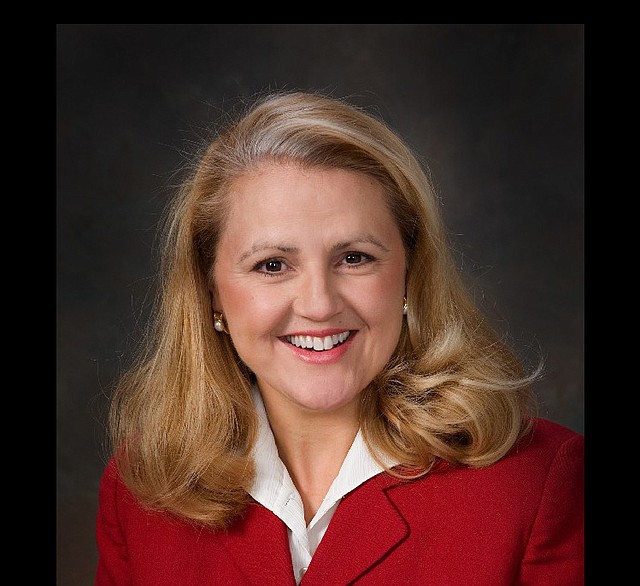Smith: Workplace bias: Is that Mister ... or Miss?
Monday, July 22, 2013
Two months ago, I was traveling on out-of-state business. I finished an appointment but had another in the vicinity in 90 minutes. To use the time, I landed a table in a Starbucks and set up my iPad, notes and a mini-work station.
Within 6 feet of my table was seated a very tall man appearing to be in his 50s. He was dressed in a business suit interviewing a very attractive, petite young lady, also professionally dressed in a women's business suit.
During the 15 minutes that she remained engaged in the interview, she presented a notebook of sales results and discussed her goals in this prospective position. It was a medical device sales position of some sort.
In a previous health care career, I had twice worked with a Fortune 50 company on two university campuses conducting several days of interviews. Based on the young lady's personality, professionalism and performance backed with letters of recommendation, she seemed like a great job candidate.
I became more deeply engrossed in my satellite office work and saw the two seeming to exit with the gentlemen's notebook, venti-sized coffee and a pair of eyeglasses left on the adjacent table.
Soon, the hosting businessman returned to his temporary office space with a very athletic young man. The two were seated after exchanging handshakes and the job prospect handing off what appeared to be his resume.
The discussion started with questions about the man's current home in South Carolina but quickly shifted to his college football career ... and continued about his college football career ... and was never about anything but his college football career. I saw no sales performance notebook; I heard no discussion of experiences or goals.
The 20-minute discussion ended with the comment from the hiring manager, "I'll be in touch with you tomorrow. I have to get our regional director to sign off, but I can't imagine that would be a problem."
Jump to the July 9 blog posting of Kim O'Grady who chronicled an unsuccessful four-month job-hunting experience. After sending out resumes to prospective employers for advertised openings, Kim received no responses for interviews, only rejection letters.
O'Grady's resume reflected qualifications noted in the blog posting: "I was experienced in managing technical and trade supply businesses. I also had engineering experience and sales experience and had demonstrably excelled at every sales and profit target I had ever been given."
Changing tactics, Kim posted, "Instead of aiming high, I lowered my sights and started applying for jobs where there was no career advancement. Now I had everything these employers could possibly want, it would be a shoe-in. But still not one interview came my way, not even a phone inquiry."
Kim wrote, "My CV was the common denominator and if something was wrong it must be there."
Kim O'Grady added "Mr." to his curriculum vitae or resume with a job offer within two weeks, a salary increase and higher position in status than previously held.
A few random comments:
• The Kim O'Grady story occurred in the late 1990s but was recalled after he recently saw a case of gender bias.
• The health care sales interviews were very brief snapshots that I witnessed personally, but there's a chance I didn't see the whole picture. Still, the absolute contrast of those back-to-back interviews was made fresh after reading Kim O'Grady's blog post.
Tom Peters, author of "In Search of Exellence" and a business coach, claims, "Good managers have a bias for action."
Indeed, good managers do.
Robin Smith served as chairwoman of the Tennessee Republican Party from 2007 to 2009. She is a partner at the SmithWaterhouse Strategies business development and strategic planning firm.

